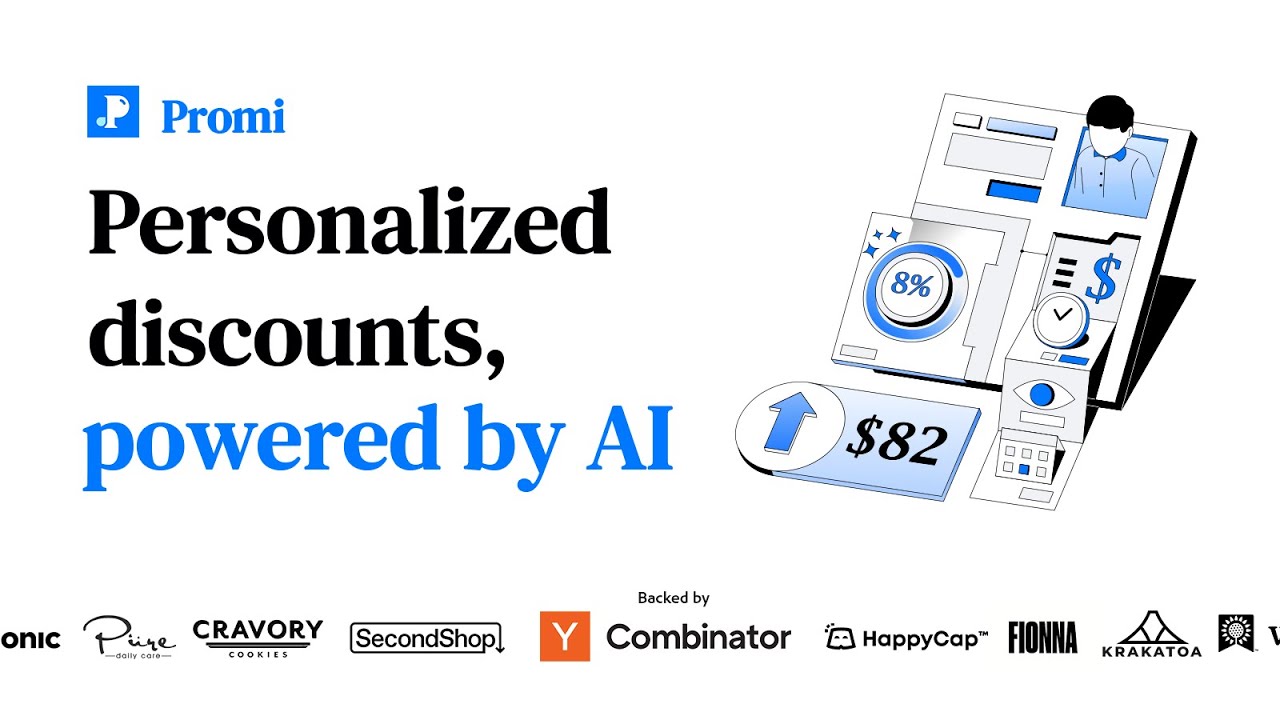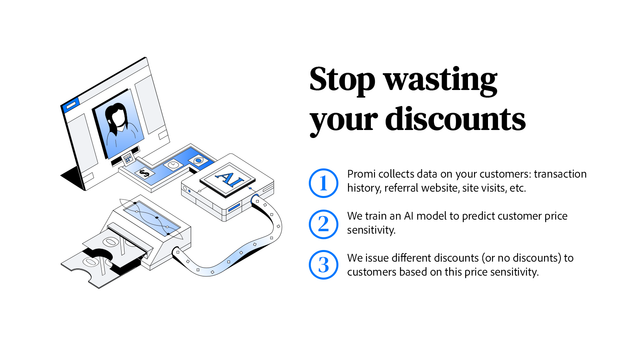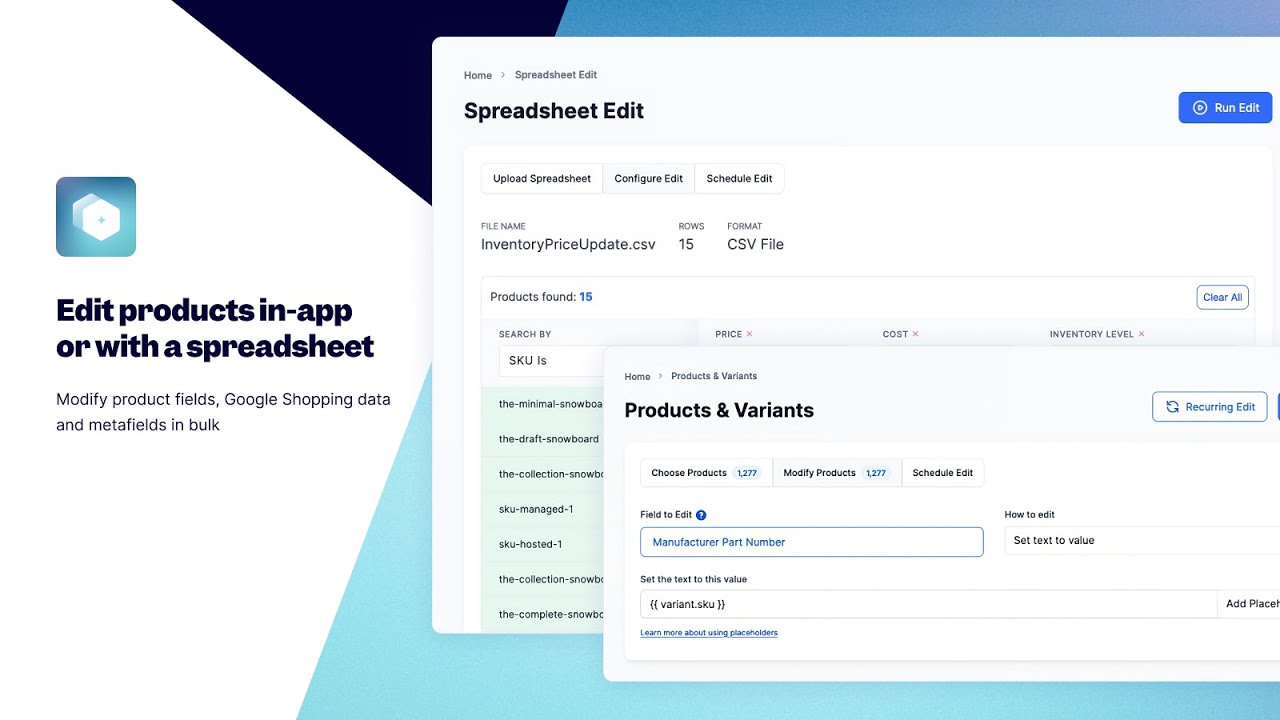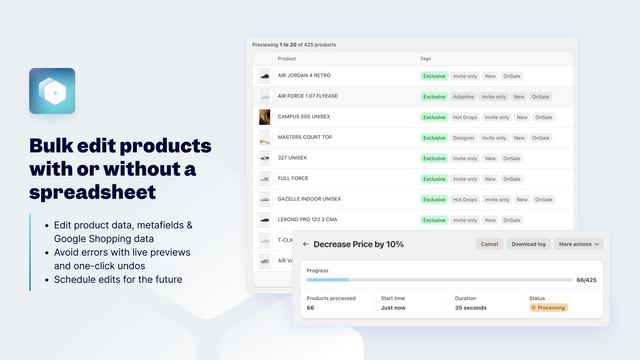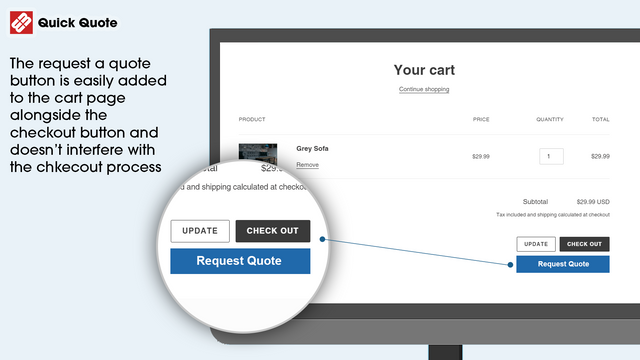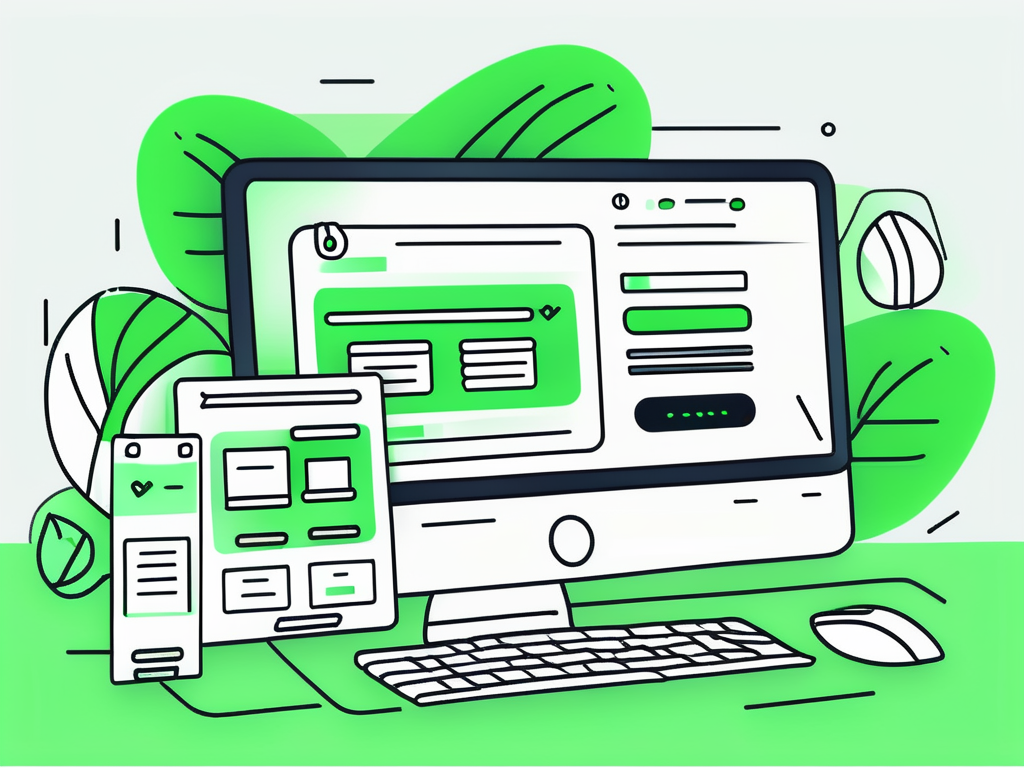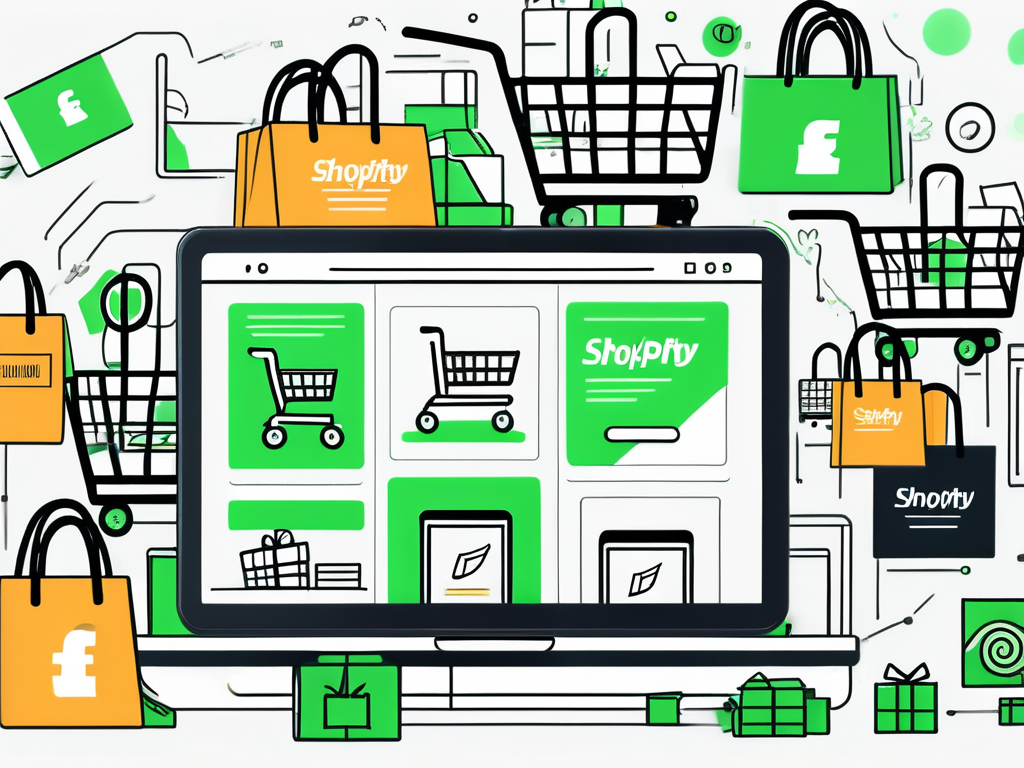In today's fast-paced and digital world, it is crucial for businesses, especially e-commerce ventures, to have a strong online presence. With more and more people turning to the internet for their shopping needs, it is essential to effectively market your Shopify store to reach your target audience and maximize your sales potential. This ultimate guide will provide you with the necessary knowledge and tools to excel in digital marketing for your Shopify store.
Understanding the Basics of Digital Marketing
Digital marketing is a vast and ever-evolving field that has become an integral part of businesses' marketing strategies. In today's digital age, it is crucial for companies to understand and leverage the power of digital channels to promote their products or services effectively. By utilizing various online platforms such as search engines, social media, email, and content marketing, businesses can reach a wider audience and drive valuable traffic to their websites.
Defining Digital Marketing
At its core, digital marketing refers to the use of digital channels to connect with potential customers and engage them in meaningful ways. It involves implementing a range of strategies and tactics to increase brand awareness, drive traffic, and ultimately convert leads into loyal customers. By leveraging the power of technology and the internet, businesses can target specific demographics, personalize their messaging, and measure the effectiveness of their campaigns in real-time.
Search engine optimization (SEO) is one of the key components of digital marketing. It focuses on optimizing a website's content and structure to improve its visibility in search engine results pages. By implementing SEO best practices, businesses can increase their organic search rankings and drive more targeted traffic to their websites.
Social media marketing is another critical aspect of digital marketing. With billions of people actively using social media platforms like Facebook, Instagram, and Twitter, businesses can leverage these channels to connect with their target audience, build brand loyalty, and drive engagement. By creating compelling content, running targeted ads, and engaging with followers, businesses can establish a strong social media presence and foster meaningful relationships with their customers.
Email marketing is a highly effective digital marketing strategy that involves sending targeted emails to a list of subscribers. By nurturing leads and providing valuable content, businesses can build trust and credibility with their audience, leading to increased conversions and customer loyalty. Email marketing allows businesses to stay top-of-mind with their customers, deliver personalized offers, and drive repeat sales.
Content marketing is another powerful tool in the digital marketing arsenal. By creating and distributing valuable, relevant, and consistent content, businesses can attract and retain a clearly defined audience. Content marketing can take various forms, including blog posts, videos, infographics, and podcasts. By providing informative and engaging content, businesses can position themselves as industry leaders and build a loyal following.
Importance of Digital Marketing for E-commerce
For e-commerce businesses operating on platforms like Shopify, digital marketing is the backbone of success. In a highly competitive online market, it is essential to stand out from the crowd and capture the attention of potential customers. By mastering digital marketing strategies, e-commerce businesses can reach a wider audience, establish brand authority, and drive valuable traffic to their online stores.
One of the primary benefits of digital marketing for e-commerce businesses is the ability to target specific demographics. With advanced targeting options available on platforms like Facebook Ads and Google Ads, businesses can reach potential customers based on their interests, demographics, and online behavior. This level of precision targeting ensures that businesses are reaching the right people at the right time, increasing the chances of conversions and sales.
In addition to targeted advertising, digital marketing allows e-commerce businesses to build brand authority and credibility. By consistently delivering valuable content, engaging with customers on social media, and providing exceptional customer service, businesses can establish themselves as trusted experts in their respective industries. This trust and credibility translate into increased customer loyalty and repeat business.
Furthermore, digital marketing provides e-commerce businesses with valuable data and insights. Through analytics tools, businesses can track and measure the performance of their marketing campaigns in real-time. This data allows businesses to make data-driven decisions, optimize their strategies, and allocate resources effectively. By understanding what works and what doesn't, businesses can continuously improve their digital marketing efforts and stay ahead of the competition.
In conclusion, digital marketing is a multifaceted discipline that plays a crucial role in the success of businesses, particularly in the e-commerce space. By understanding the basics of digital marketing and implementing effective strategies, businesses can reach a wider audience, establish brand authority, and drive valuable traffic to their online stores. In today's digital age, mastering digital marketing is not just an option but a necessity for businesses looking to thrive in the online marketplace.
Setting Up Your Shopify Store for Success
When it comes to setting up your Shopify store, there are several key factors to consider in order to ensure its success. From optimizing your store for search engine optimization (SEO) to leveraging Shopify's built-in marketing tools, every detail matters in attracting potential customers and increasing your chances of success.
Optimizing Your Shopify Store for SEO
Search engine optimization (SEO) is a critical aspect of driving organic traffic to your Shopify store. By implementing effective SEO strategies, you can improve your store's visibility in search engine rankings and attract more potential customers. One important aspect of SEO is optimizing your store's content. This involves creating high-quality, relevant, and engaging product descriptions, blog posts, and other content that not only appeals to your target audience but also incorporates relevant keywords.
In addition to optimizing your content, it's crucial to pay attention to your store's meta tags and URL structure. Meta tags provide search engines with information about your store's content, while a well-structured URL can make it easier for search engines to understand and index your store's pages. By optimizing these elements, you can enhance your store's SEO performance and increase its chances of ranking higher in search engine results.
Leveraging Shopify's Built-In Marketing Tools
Shopify offers a range of built-in marketing tools that can help you effectively promote your products and increase your chances of success. One such tool is the discount codes feature, which allows you to create and distribute unique discount codes to incentivize customers to make a purchase. By offering discounts, you can attract more customers and encourage them to complete their transactions.
Another powerful marketing tool provided by Shopify is the abandoned cart recovery feature. This feature automatically sends reminder emails to customers who have added items to their carts but haven't completed their purchases. By reminding customers of their abandoned carts, you can increase the likelihood of them returning to your store and completing their transactions.
Furthermore, Shopify offers seamless social media integrations, allowing you to easily connect your store with popular social media platforms. By leveraging social media, you can expand your reach, engage with your target audience, and drive more traffic to your store. Whether it's through creating compelling social media posts or running targeted advertising campaigns, integrating your Shopify store with social media can significantly boost your marketing efforts.
In conclusion, setting up your Shopify store for success requires careful attention to detail. By optimizing your store for SEO and leveraging Shopify's built-in marketing tools, you can increase your store's visibility, attract more potential customers, and ultimately improve your chances of success in the competitive e-commerce landscape.
Developing a Comprehensive Digital Marketing Strategy
Identifying Your Target Audience
Understanding your target audience is vital for crafting effective digital marketing campaigns. Take the time to analyze your customers' demographics, interests, and needs. This information will help you tailor your marketing messages to resonate with your target audience and drive conversions.
Setting Clear Marketing Goals
Before implementing any marketing strategies, it is essential to define your goals. Whether it's increasing website traffic, improving conversion rates, or boosting brand awareness, clearly stating your marketing objectives will guide your efforts and allow you to measure your success accurately.
Exploring Different Digital Marketing Channels
Social Media Marketing for Shopify
Social media platforms, such as Facebook, Instagram, and Twitter, provide powerful marketing opportunities for your Shopify store. By creating engaging content, running targeted ad campaigns, and building relationships with your audience, you can drive traffic and generate sales through social media channels.
Email Marketing for Shopify
Email marketing remains a highly effective digital marketing channel for Shopify stores. By building an email list and sending personalized, relevant emails to your subscribers, you can nurture relationships, promote new products, and drive repeat purchases.
Content Marketing for Shopify
Content marketing involves creating valuable and engaging content to attract and educate your target audience. By publishing blog posts, videos, or infographics that resonate with your audience, you can position your Shopify store as an authoritative source in your industry and drive traffic to your website.
Utilizing Paid Advertising on Shopify
Understanding Pay-Per-Click Advertising
Pay-per-click (PPC) advertising allows you to display targeted ads to potential customers and only pay when they click on your ad. Platforms such as Google Ads and Bing Ads offer powerful PPC advertising options for Shopify stores, helping you reach a wider audience and drive traffic to your store.
Navigating Facebook Ads for Shopify
Facebook Ads provide a robust advertising platform for promoting your Shopify store. With advanced targeting options, retargeting capabilities, and in-depth analytics, Facebook Ads can help you reach your ideal customers and generate conversions.
- Conclusion
Mastering digital marketing for your Shopify store is essential in today's competitive online market. By understanding the basics of digital marketing, optimizing your Shopify store, developing a comprehensive strategy, exploring various marketing channels, and utilizing paid advertising, you can enhance your online presence, attract your target audience, and drive sales. Keep in mind that digital marketing is an ongoing process that requires continuous monitoring, analysis, and optimization. Stay up to date with the latest trends and adapt your strategies accordingly to stay ahead of the competition.
Ready to take your Shopify store to the next level? Let Owlfred, your wise and friendly guide from OwlMix, help you navigate the vast world of Shopify apps. With our comprehensive directory, finding the perfect app to enhance your online business is just a click away. Whether you're looking to increase sales, improve marketing efficiency, or streamline your operations, OwlMix categorizes a plethora of innovative apps to suit your specific needs. Don't miss out on the opportunity to optimize your store with the best tools available. Find your next Shopify app today and watch your e-commerce success take flight!



